Mala, 30.
Employed, but one bill away from homelessness
Mala works full time, but a 20% rent increase this year has pushed them to the edge. More than half their income now goes to rent, leaving almost nothing for essentials. Competing with 20–30 people at every rental inspection, finding a cheaper home simply isn’t an option.
To stay afloat, Mala has started cutting meals, buying fewer fresh foods, skipping prescription medication, and even letting their car registration lapse all to keep a roof over their head. Mala knows that one unexpected bill could tip them into homelessness.
Tenancy support services can change this trajectory. With help covering urgent bills, financial guidance, and stabilising support, Mala can keep up with rent, regain breathing room, and stay safely housed.








